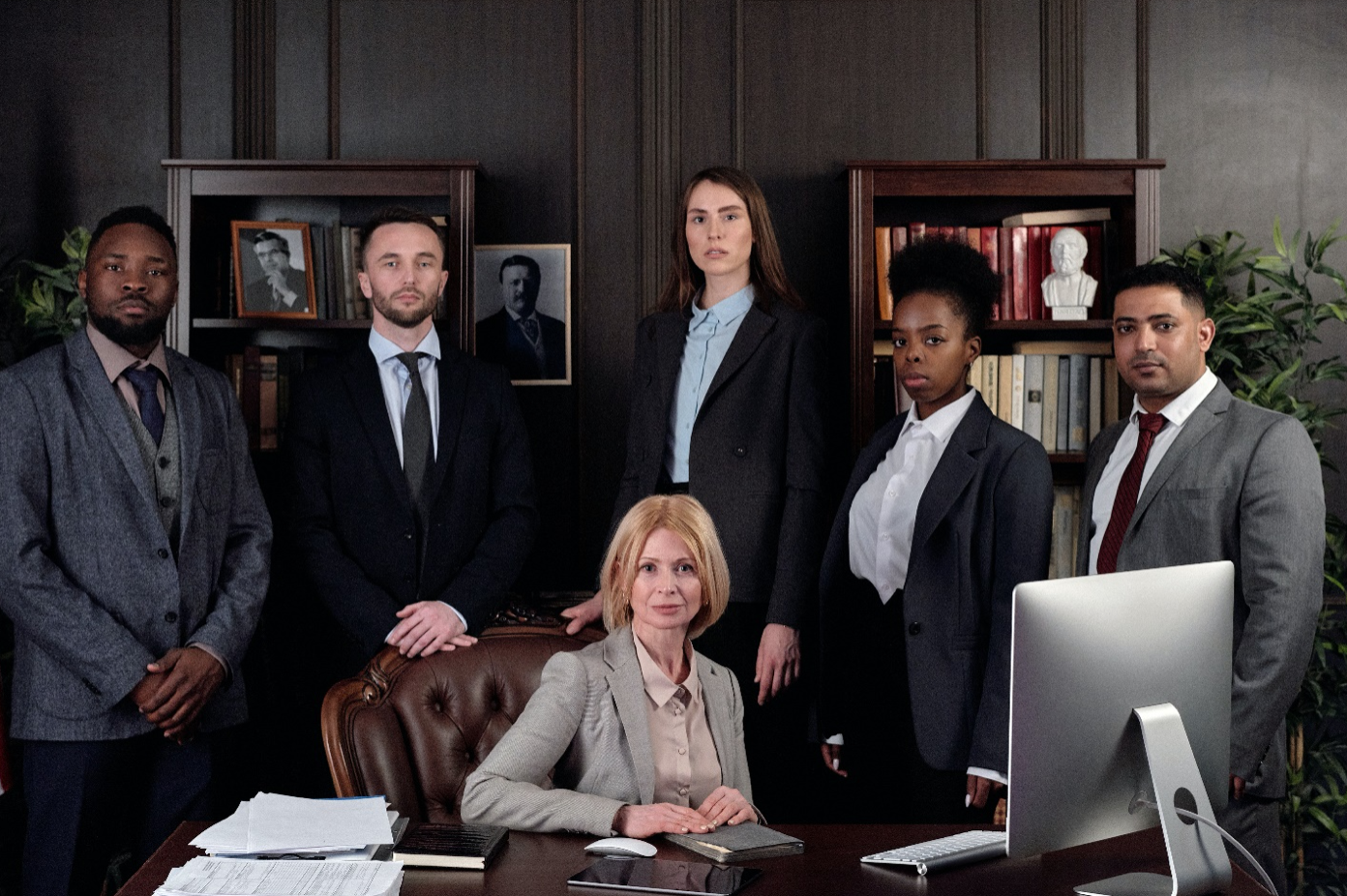Navigating the legal world requires informed choices, and the key to success lies in finding a lawyer who aligns with your specific needs.
Finding the right lawyer can feel like an overwhelming task, especially when there are so many options available. Whether you’re dealing with a complex legal situation or simply need guidance on a specific matter, the lawyer you choose will play a significant role in the outcome of your case. One of the most critical aspects of selecting a lawyer is evaluating their expertise and specialization to ensure they are the best fit for your needs. This guide will walk you through how to assess a lawyer’s qualifications, areas of expertise, and track record to make an informed decision.
Why Expertise and Specialization Matter
Law is a vast field, with countless practice areas that vary in complexity. From family law to corporate litigation, intellectual property to criminal defense, each area requires a deep understanding of specific legal frameworks, procedures, and precedents. Hiring a lawyer with experience in your particular legal matter can dramatically improve your chances of a favorable outcome.
A lawyer’s expertise ensures they are familiar with the nuances of your case, can anticipate potential hurdles, and can craft tailored strategies to address your unique situation. Specialization can also signal a higher level of competency, as it often involves years of focused practice and continuous learning within a specific field.
Understanding Different Legal Specializations
When choosing a lawyer, it’s helpful to understand the variety of specializations within the legal field. Here are some common practice areas and the types of issues they typically address:
Family Law
Family lawyers handle issues such as divorce, child custody, alimony, and adoption. Their expertise often extends to mediation and negotiations, making them an invaluable resource during emotionally charged legal disputes. If your case involves sensitive family matters, look for a lawyer with a reputation for compassion and discretion.
Criminal Defense
Criminal defense lawyers represent individuals accused of crimes, ranging from misdemeanors to felonies. They specialize in protecting the rights of the accused and building strong defense strategies. If you are facing criminal charges, seek an attorney who has a proven track record in criminal law and courtroom advocacy.
Corporate and Business Law
Corporate lawyers assist businesses with contracts, mergers, compliance issues, and intellectual property protections. For startups or established enterprises, a lawyer with expertise in corporate law can protect your company’s interests and mitigate legal risks.
Personal Injury Law
If you’ve been injured due to someone else’s negligence, a personal injury lawyer can help you secure fair compensation for medical expenses, lost wages, and emotional distress. Look for a lawyer with substantial experience negotiating settlements or taking cases to trial.
Estate Planning and Probate
Estate planning lawyers help draft wills, set up trusts, and provide guidance on inheritance and taxes. Probate attorneys focus on resolving disputes related to estates after someone’s passing. A lawyer with this specialization can ensure that your assets are protected and properly distributed.
Employment Law
For those navigating workplace disputes or contracts, employment lawyers provide guidance and legal representation. Whether addressing wrongful termination, discrimination, or wage issues, these lawyers ensure employees’ rights are upheld.
Key Factors to Evaluate in a Lawyer’s Expertise
Once you’ve identified the type of lawyer you need, the next step is evaluating their level of expertise and specialization. Here are some critical factors to consider when making your choice.
1. Years of Practice in the Field
A lawyer’s years of experience often correlate with their ability to handle complex cases. While newer attorneys can be competent, lawyers with extensive practice have likely encountered a wider range of scenarios and know how to adapt to unexpected challenges.
2. Relevant Case Experience
Even within specific practice areas, cases can differ significantly. For example, a family lawyer who specializes in high-asset divorces may not be the best fit for someone seeking help with child custody. Ask prospective lawyers if they’ve handled situations similar to yours and inquire about the outcomes. Their responses will give you insight into their compatibility with your case.
3. Professional Accolades and Certifications
Certifications, awards, and peer recognitions often highlight a lawyer’s commitment to excellence in their field. Additionally, some lawyers earn board certification in their areas of specialization, a designation that signals a high level of expertise and achievement.
4. Continuing Education and Affiliations
Law is an evolving field, and staying up-to-date with changes is essential. Lawyers who participate in continuing education seminars or are active members of professional organizations demonstrate their dedication to maintaining their knowledge and skills.
5. Client Testimonials and Reviews
Feedback from previous clients provides valuable insight into a lawyer’s competence and how they handle cases. Look for testimonials that mention clear communication, professionalism, and positive outcomes. If reviews consistently highlight a lawyer’s strengths in cases similar to yours, it’s a positive sign.
6. Trial vs. Negotiation Expertise
Depending on the nature of your case, you may need a lawyer with strong negotiation skills or one proficient in litigation. For example, personal injury cases often settle before trial, so negotiation experience is vital. Conversely, criminal cases may benefit from a lawyer with impressive courtroom advocacy abilities.
The Initial Consultation

Once you’ve narrowed your list of potential lawyers, scheduling consultations is the next step. Most attorneys offer initial consultations to discuss your case and determine if they’re the right fit.
During the meeting, observe how the lawyer communicates. Do they explain legal concepts clearly? Are they attentive to your concerns? A lawyer who is approachable and transparent can make the legal process less stressful. Use this opportunity to ask specific questions about their experience, fees, and expected outcomes.
Some key questions to ask include:
- Have you handled cases similar to mine before?
- What is your approach to resolving cases like this?
- Can you provide references or past client testimonials?
Making the Final Decision
Choosing the right lawyer, like those at Landon Miller Law, is about finding the perfect balance of expertise, communication style, and trust. After evaluating all the factors, choose a lawyer who makes you feel confident, informed, and supported.
Working with the wrong lawyer could lead to unnecessary stress, extra costs, and potentially unfavorable results. Taking the time to research and evaluate a lawyer’s expertise will set the foundation for a smooth legal process and a favorable outcome.
Transform Your Legal Journey with the Right Lawyer
Selecting the right lawyer for your legal needs doesn’t have to be daunting. By focusing on expertise and specialization, you can find a legal partner who is equipped to handle your case with precision. Armed with this knowledge, you can make informed decisions that pave the way for success.
Navigating the legal world requires informed choices, and the key to success lies in finding a lawyer who aligns with your specific needs. Take the first step today by researching your options or consulting professionals in the field.


Join the conversation!